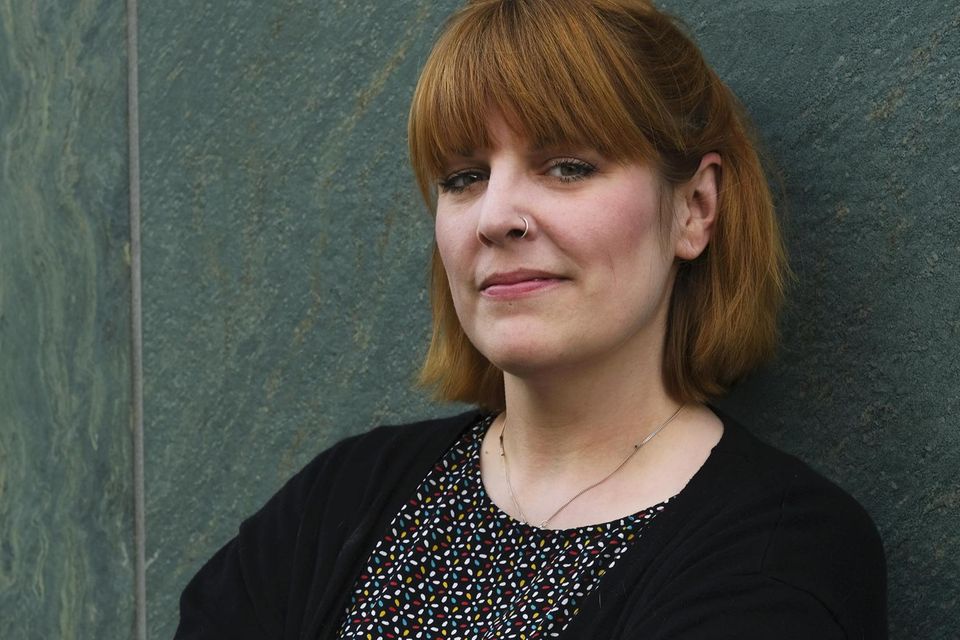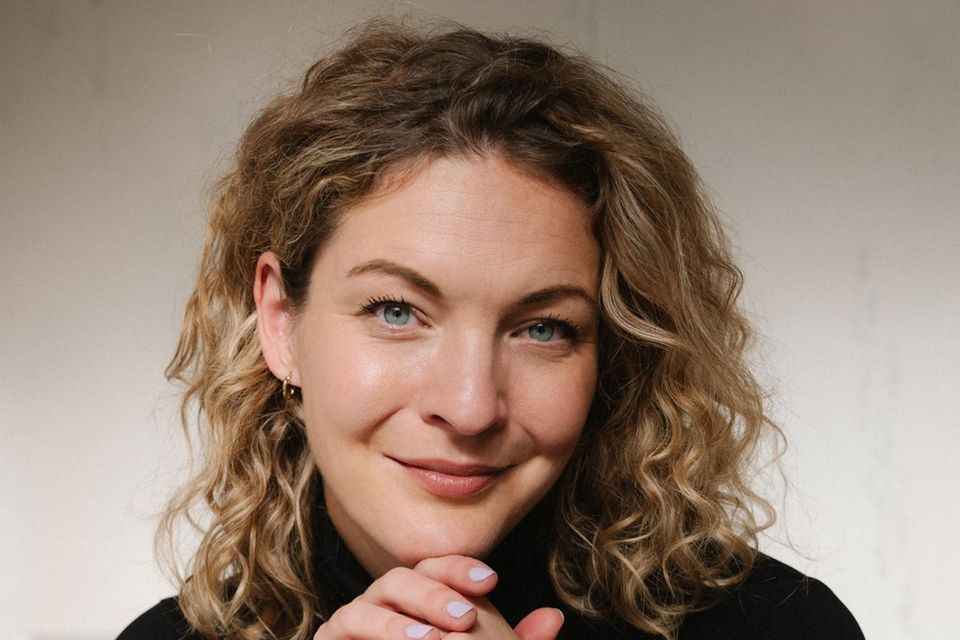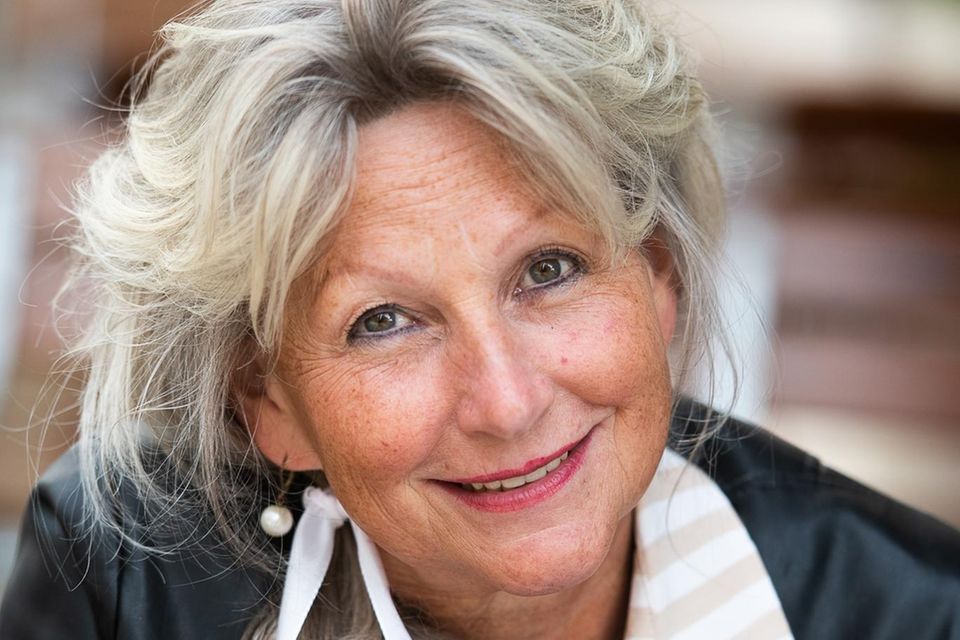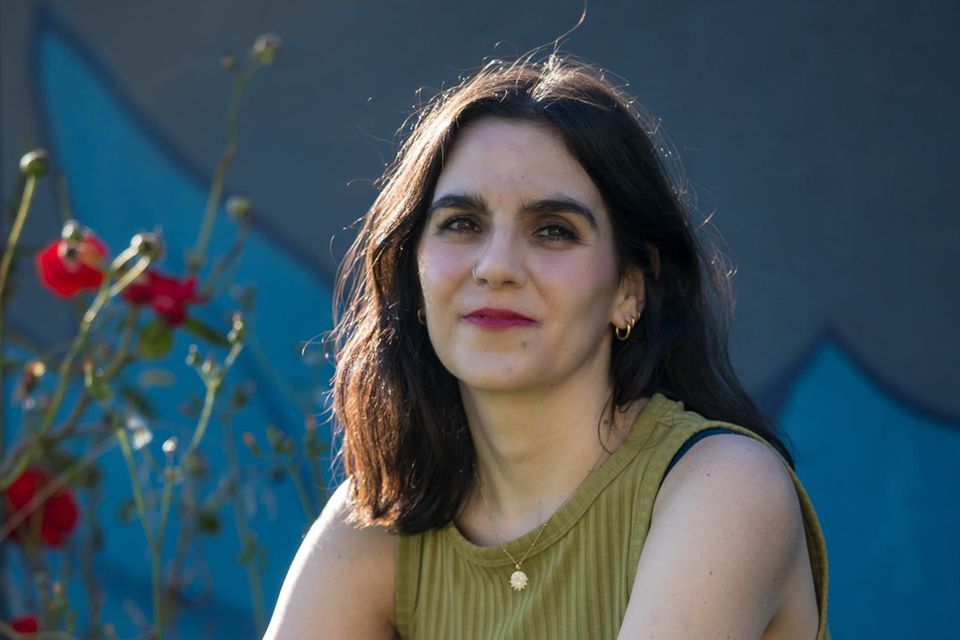After the federal election: How do we proceed now to strengthen democracy and women's rights?

The AfD has doubled its result since the last federal election. But giving up is not an option. What do we do now? We asked five committed women.
The result of the federal election was more or less predictable, but today there is a hangover feeling, especially among women: the AfD, which is in parts right-wing extremist, has actually doubled its result since the last federal election. The party not only threatens our democracy, it also rejects measures that serve gender equality - from gender-appropriate language to women's quotas. The AfD describes the gender pay gap as a "fairy tale".
And Friedrich Merz, CDU chancellor-in-waiting, is not exactly known for his commitment to women's rights. Among other things, he has spoken out several times against the legalization of abortion and the abolition of Paragraph 218, and in 2006 he voted against the General Equal Treatment Act. According to an Ipsos survey from February, only one sixth of women see him as a capable chancellor.
What now? As always, burying your head in the sand is not an option. Democracy and equality depend on long-term commitment beyond the voting booth. We asked five experts how we can continue to motivate and engage ourselves.
Pia Lamberty: "Networking and joining forces with others is an important pillar of resilience""Women often underestimate how important their voices are when it comes to fighting right-wing extremism. The "Grandmas against the Right" are leading the way in Germany, but other countries such as Poland and the USA are also showing how female resistance can be. In many smaller towns, for example in East Germany, I experience again and again how much women are committed and raise their voices - despite the personal risk. Networking and joining forces with others is an important pillar of resilience. After all, right-wing extremism always threatens women's freedom.

"Our democracy is not static. It is not a state, but a process that depends on all of us. On our disagreement and our agreement. On our commitment, our patience and our ability to listen to each other. Not everything we see will please us. Not everything we hear will convince us. But that is precisely where the strength of democracy lies: in diversity, in discourse, in the opportunity to keep getting better."
Cordula Weimann: "We women underestimate how important what we feel is""We women underestimate how important what we feel and what life experience we bring with us is. In politics and business, we subordinate our experiences to those of men. But our knowledge is just as relevant, and we have to articulate that for change and also speak up. If anyone can meet the leading minds in business and politics on an equal footing, it's us women over 50. We played with them in the sandbox and already noticed at school that we were better than them in class. In terms of numbers, we are even superior: 56 percent of voters are over 50, and because women live longer on average than men, we are even in the majority in this segment."
Julia Korbik: "Just because something is the way it is doesn't mean it has to stay that way"Two thoughts from two women give me hope in this situation. The writer and activist Audre Lorde said: "Revolution is not a one-time event. Revolution means remaining alert to the small opportunities in which a real change in common, outdated behavior can be enforced." Resistance can be expressed in many ways: through protests, by taking to the streets together, by being loud. But also through small acts of rebellion. Through everyday situations that can be used to resist - or to show solidarity with people and organizations that are working to enforce common, outdated behavior. The second thought that gives me hope comes from the science fiction author Ursula K. Le Guin: "Every human power can be fought and changed by humans." Just because something is the way it is doesn't mean it has to stay that way.
Kristina Lunz: "History shows us: There are many reasons for hope""When I have no hope left, I try to be grateful," said an acquaintance recently. Gratitude plays a big role in my life. I am grateful for my life, for the people around me - and for the fact that there are rarely moments when I am hopeless. Because history shows us: There are many reasons for hope. For centuries, people with vision and determination have changed our society for the better. I would not be able to do women's rights work if there had not been women decades ago who fought for the right to vote in Germany (1918), brought equal rights into the constitution (1949) or enforced the end of legal rape in marriage (1997). We stand on the shoulders of these women. Their struggles made our current realities possible - realities that were once just hopes. Hope creates reality. And we continue to work to shape the future.
sar / eke Brigitte
brigitte











